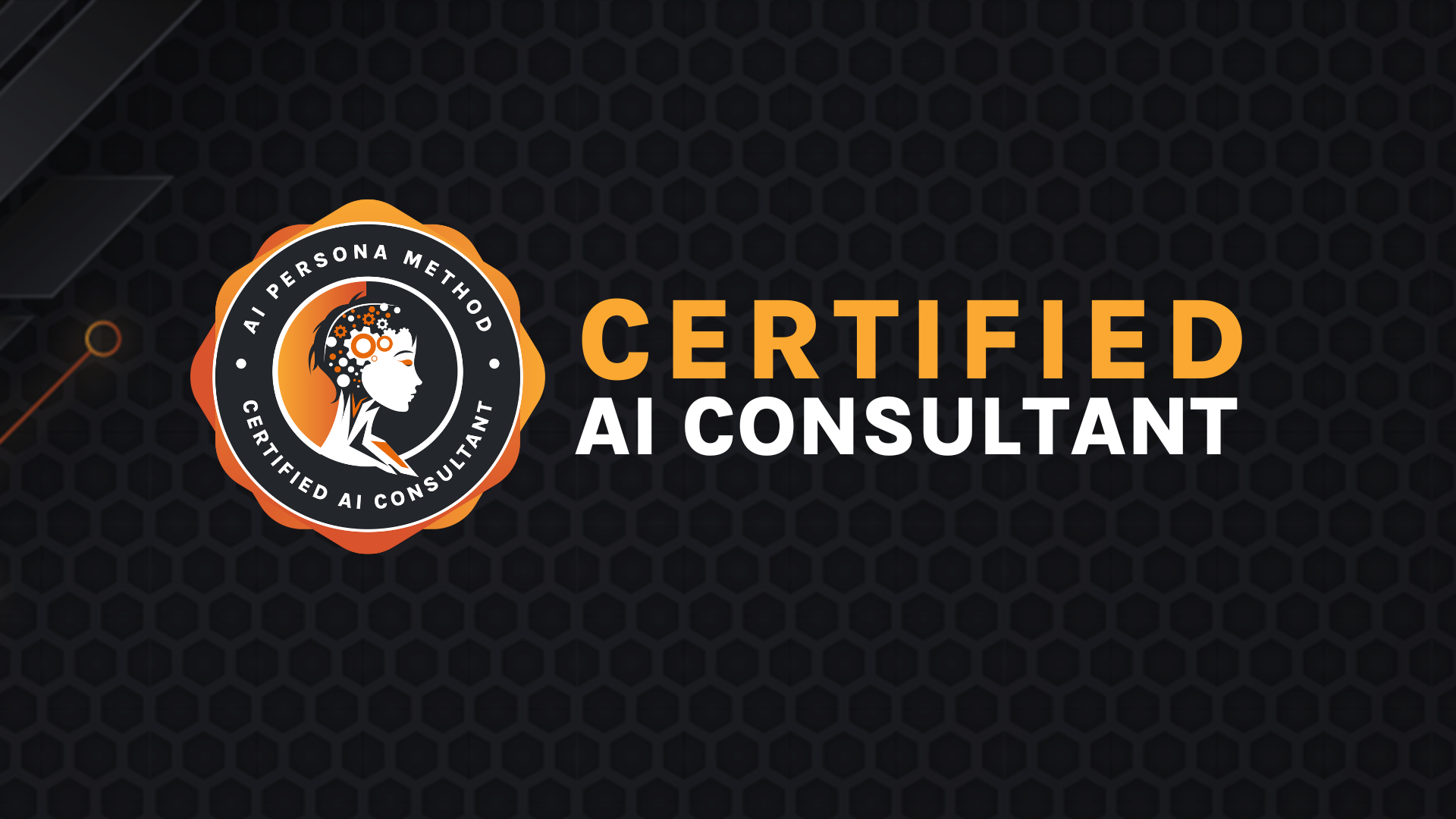As artificial intelligence transforms everything from smartphone assistants to autonomous vehicles, a new gold rush is underway – not for precious metals, but for precious talent. Companies across every sector are racing to harness AI’s potential, creating a surge in career opportunities that are reshaping the global job market.
The artificial intelligence sector has experienced unprecedented growth, with AI-related job postings increasing by 400% since 2020.
This comprehensive guide explores the expanding landscape of AI careers, essential skills for success, and emerging opportunities across various industries. We’ll examine specific roles, salary expectations, and practical steps for entering the field, whether you’re a seasoned professional or considering a career transition.
The Current State of AI Employment
Recent data reveals that AI specialists now command average salaries exceeding $150,000, reflecting the intense demand for qualified professionals. This growth spans traditional technology companies and numerous other sectors, including healthcare, finance, and manufacturing. AI professionals are developing systems that enhance human capabilities across multiple domains, from medical diagnosis to creative content generation.
Key Industry Trends
Market Evolution
- Rapid integration of AI solutions across traditional industries
- Increasing demand for specialized AI expertise in non-tech sectors
Skill Requirements
- Growing emphasis on cross-disciplinary expertise
- Rising importance of ethical AI development and governance
Core AI Career Paths
Machine Learning Engineer
Machine learning engineers design and implement systems that enable computers to learn and improve from experience. This role combines software engineering expertise with deep knowledge of statistical modeling.
Key Responsibilities:
Algorithm Development
- Creating and optimizing machine learning models for specific applications
- Implementing and maintaining scalable machine learning pipelines
Performance Optimization
- Fine-tuning model parameters for improved accuracy
- Developing efficient training and deployment procedures
Average Salary Range: $162,735
AI Engineer
AI engineers focus on transforming theoretical machine learning models into practical applications. They bridge the gap between research and real-world implementation.
Key Responsibilities:
System Integration
- Developing AI applications that integrate with existing infrastructure
- Creating robust deployment pipelines for AI models
Solution Architecture
- Designing scalable AI systems for production environments
- Implementing security and performance optimizations
Average Salary Range: $161K – $267K
Computer Vision Engineer
Computer vision engineers specialize in systems that process and analyze visual information, enabling machines to understand and interpret visual data.
Key Responsibilities:
Image Processing
- Developing algorithms for object detection and recognition
- Implementing real-time video analysis systems
Model Development
- Creating specialized neural networks for visual tasks
- Optimizing models for edge device deployment
Average Salary Range: $130,000 – $190,000
Generative AI Engineer
Generative AI engineers work on systems that create original content, from text and images to music and code.
Key Responsibilities:
Content Generation
- Developing models for creative content production
- Implementing systems for style transfer and adaptation
Model Architecture
- Designing specialized generative models
- Creating efficient training procedures for large-scale models
Average Salary Range: $115,864
AI Ethics Officer
AI ethics officers ensure the responsible development and deployment of AI systems, focusing on fairness, transparency, and societal impact.
Key Responsibilities:
Policy Development
- Creating guidelines for ethical AI development
- Establishing frameworks for responsible AI deployment
Impact Assessment
- Evaluating AI systems for potential bias
- Conducting algorithmic fairness audits
Average Salary Range: $95,000 – $166,000

Essential Skills for Success
Technical Foundations
Programming Languages
- Python: Primary language for AI development, including libraries like TensorFlow and PyTorch
- R: Statistical computing and data visualization
Mathematics
- Linear algebra: Foundation for machine learning algorithms
- Probability and statistics: Core concepts for model development
Domain Expertise
Industry Knowledge
- Understanding of specific sector challenges and requirements
- Familiarity with regulatory frameworks and standards
Business Acumen
- Ability to align AI solutions with business objectives
- Understanding of ROI and project management principles
Professional Skills
Communication
- Ability to explain complex technical concepts to non-technical stakeholders
- Experience in technical documentation and presentation
Problem-Solving
- Analytical thinking and systematic approach to challenges
- Creative solution development and implementation
Career Development Pathway
Education and Training
Formal Education
- Bachelor’s or Master’s degree in Computer Science, AI, or related field
- Specialized certifications from recognized institutions
Continuous Learning
- Regular participation in industry conferences and workshops
- Engagement with online learning platforms and communities
Portfolio Building
Project Development
- Creation of practical AI applications
- Contribution to open-source projects
Documentation
- Detailed documentation of project methodologies
- Clear presentation of results and impacts
Professional Networking
Industry Connections
- Active participation in professional associations
- Engagement with online AI communities
Knowledge Sharing
- Contributing to technical blogs and forums
- Presenting at industry events and meetups
Emerging Opportunities
Healthcare
Diagnostic Systems
- Development of AI-powered diagnostic tools
- Implementation of predictive healthcare models
Patient Care
- Creation of personalized treatment recommendation systems
- Development of automated monitoring solutions
Finance
Risk Assessment
- Implementation of AI-driven risk analysis systems
- Development of fraud detection algorithms
Market Analysis
- Creation of predictive market modeling tools
- Implementation of automated trading systems
Manufacturing
Process Optimization
- Development of AI-powered quality control systems
- Implementation of predictive maintenance solutions
Supply Chain
- Creation of demand forecasting models
- Development of inventory optimization systems
Other AI Career Opportunities
If you’ve gotten this far, you probably think AI jobs are only for tech-savvy individuals. And you’d be wrong.
Even if you don’t know how to code, you can still land AI jobs as an AI-trained virtual assistant. Here at VA Staffer, we train our virtual assistants on how to use AI so that they are equipped with the tools of the current job market.

Conclusion
The field of AI continues to evolve rapidly, creating numerous opportunities for professionals with the right combination of technical skills, domain expertise, and business acumen.
Success in this field requires a commitment to continuous learning and adaptation to emerging technologies and methodologies.



